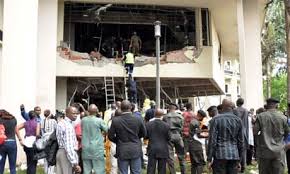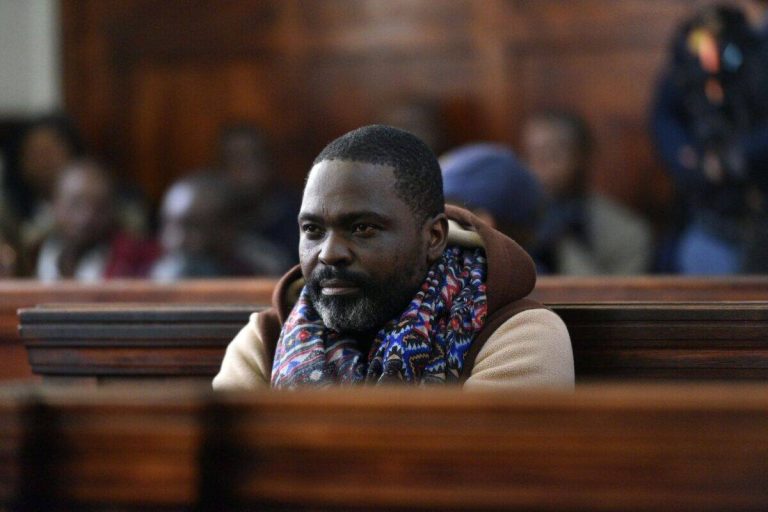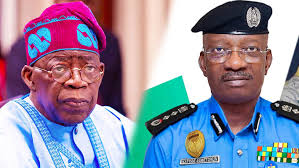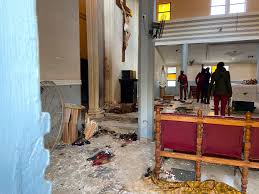
Fourteen years after the UN House bombing that killed 20 people and injured dozens more in Abuja, the alleged mastermind, Khalid al-Barnawi, is finally back in the dock as his long-stalled trial resumed at the Federal High Court.
Al-Barnawi is standing trial alongside four co-defendants – Mohammed Bashir Saleh, Umar Mohammed Bello (also known as Datti), Mohammed Salisu, and Yakubu Nuhu (also known as Bello Maishayi). He is also accused of being a senior member of Ansaru, a Boko Haram breakaway faction said to be ideologically aligned with al-Qaeda in the Islamic Maghreb (AQIM).
At Friday’s hearing, prosecution lawyer Alex Iziyon, applied for accelerated hearing and sought the court’s permission to present video evidence to prove that the defendants’ extrajudicial statements were voluntarily obtained.
Trial judge, Emeka Nwite, granted the application, paving the way for the prosecution to proceed.
The August 26, 2011 bombing at the United Nations House in Abuja’s Central District shocked the world. Boko Haram quickly claimed responsibility, with its spokesperson Abu Qaqa telling the BBC that the UN was targeted because it represented “Western influence” in Nigeria.
Al-Barnawi was arrested in April 2016 by the State Security Service in Lokoja, Kogi State. Alongside his co-defendants, he was charged with carrying out terrorist attacks between 2011 and 2013 across several northern states, including Sokoto, Kebbi, Bauchi, Borno and Gombe.
However, the trial has faced repeated delays, often due to the absence of defendants or their lawyers in court.
Security agencies describe Al-Barnawi, who hails from Borno State, as one of the most internationally connected jihadist figures to have operated in Nigeria. Once a top commander under Boko Haram’s founder Abubakar Shekau, he later broke away to form Ansaru, which pledged allegiance to al-Qaeda.
In 2012, the United States designated him a “specially designated global terrorist” and placed a $5 million bounty on his head.
Now, with the trial finally gaining momentum, families of the victims and the international community will be watching closely to see if justice will at last be served for one of Nigeria’s deadliest terrorist attacks.



